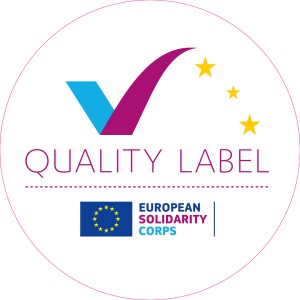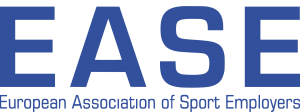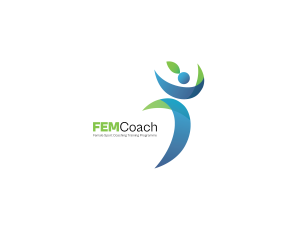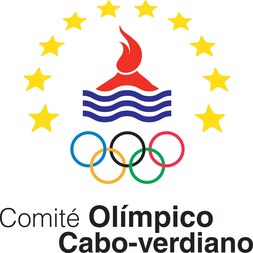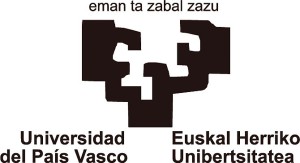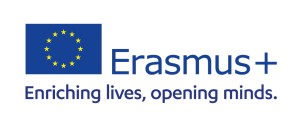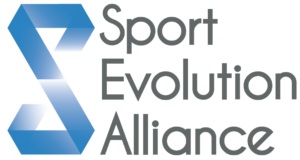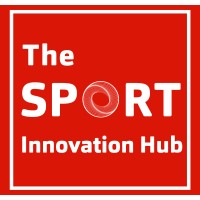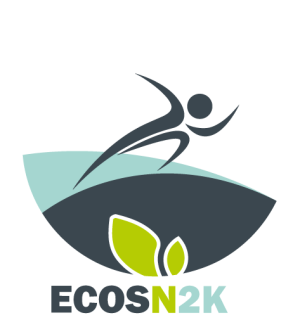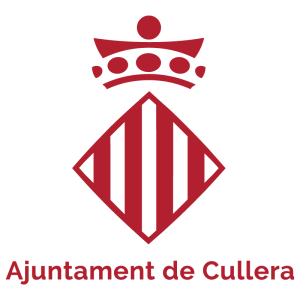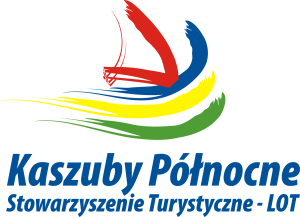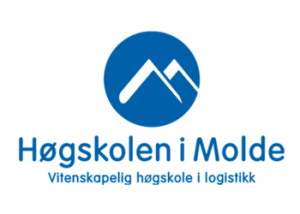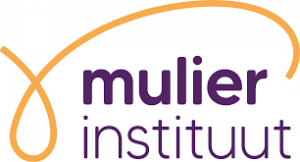Aim of the project
The European Solidarity Corps brings together young people to build a more inclusive society, supporting vulnerable people and responding to societal challenges. It offers an inspiring and empowering experience for young people who want to help, learn and develop.
Instittue for Sport Governance received a Quality Label for hosting and supporting organisation.
The main assumptions of the project include:
Encouraging democratic participation,
Fighting social exclusion,
Protecting nature,
Promoting health and wellbeing,
Promoting education and training,
Working with migrant communities,
Strengthening the capacity and resilience of vulnerable or disaster-affected communities in those regions of third countries in which humanitarian aid activities and operations take place,
Reinforce disaster preparedness and disaster risk reduction in these regions.
